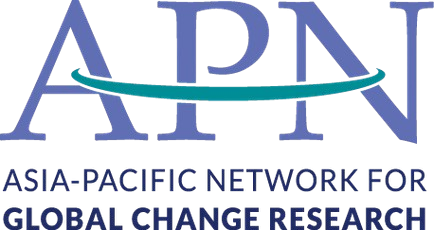Multistakeholder webinar on ‘Policy Gap in Implementing Climate Smart Agriculture in Coastal Areas of Bangladesh’
A multi-stakeholder webinar titled ‘Policy Gap in Implementing Climate Smart Agriculture in Coastal Areas of Bangladesh’ was successfully conducted on September 26th, 2024. Supported by the Asia-Pacific Network for Global Change Research (APN) and jointly organized by Bangabandhu Sheikh Mujibur Rahman Agricultural University (BSMRAU), the South Asian Forum for Environment (SAFE), and the Progyan Foundation for Research and Innovation (PFRI), the event focused on identifying key implementation gaps in climate-smart agricultural policies across the vulnerable coastal regions of Bangladesh.
The webinar brought together leading academics, policy experts, development experts, and practitioners from India and Bangladesh to critically examine challenges faced by farmers in adopting climate-resilient agricultural practices and explore opportunities for institutional convergence.



